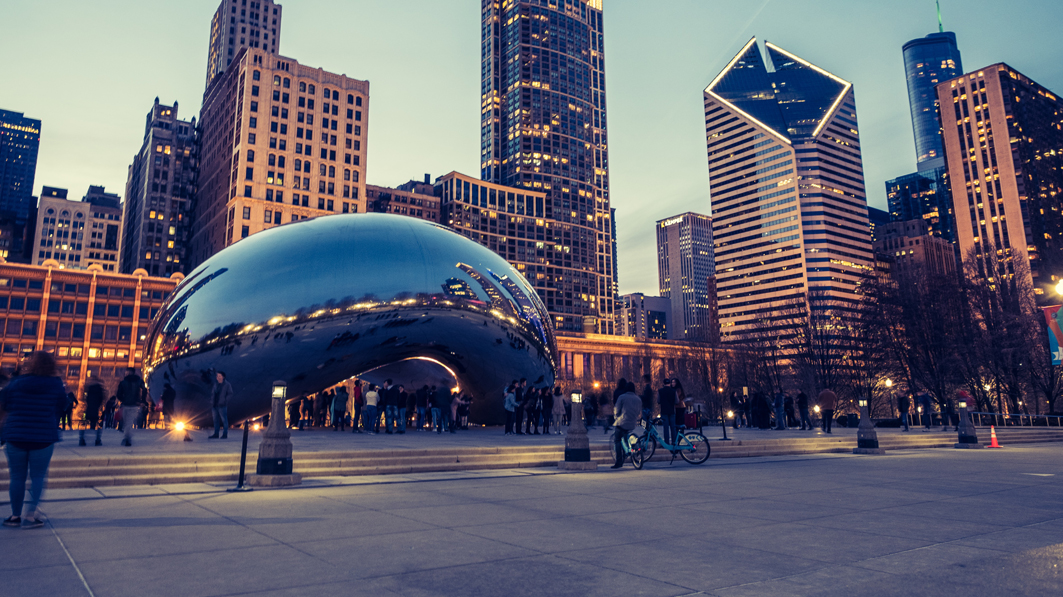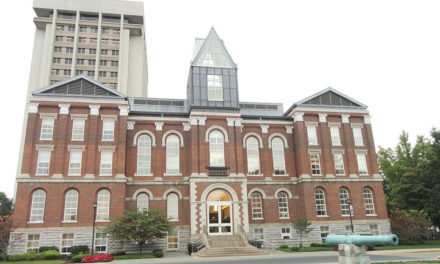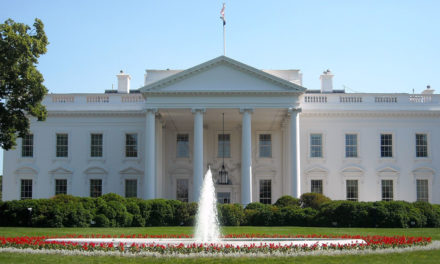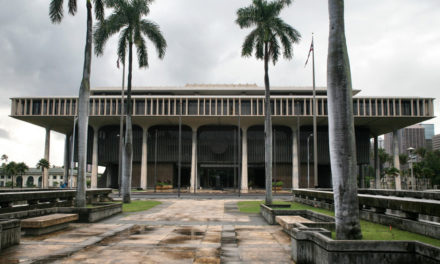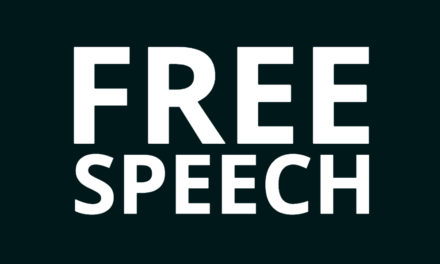A public park is a “quintessential public forum” that enjoys the highest protections for free speech. Government regulations that restrict speech in such areas are subject to careful scrutiny under the First Amendment.
A group of Wheaton College students, members of the school’s “Chicago Evangelism Team,” were ordered on several occasions to stop preaching and handing out religious leaflets in Millennium Park, Chicago’s downtown venue that features artwork and exhibits such as Cloud Gate, aka “the Bean,” scattered over its 24.5 acres.
The students have filed a federal lawsuit seeking to vindicate their free speech rights.
The City partially changed its policies after attorneys for the students contacted officials regarding the violations of their free speech rights. However, the City still limits free speech to one of 11 sections of the park, which just happens to be the furthest away from the biggest attractions and the bulk of the public. The revised policy still grants the City unbridled discretion in determining when speech has gone too far in terms of creating a “disturbance” or becomes an impediment to park visitors. One park visitor with a complaint about being approached by the students could be the grounds for shutting down their evangelistic efforts.
The students’ legal filing in federal court states, “The right of citizens to discuss matters of public importance, to engage with other citizens, and to hear encouraging or challenging opinions is a bedrock of the First Amendment which has found its fullest expression in the context of public forums.”
“We desire to exercise our constitutional right to free speech through sharing the Gospel of Jesus Christ,” Matt Swart, a sophomore at Wheaton College, said in a press release. “For the sake of every citizen who desires to make use of the rights our forefathers bled for, we pray that the City of Chicago amends their unconstitutional code.”
The case is Swart v. City of Chicago

